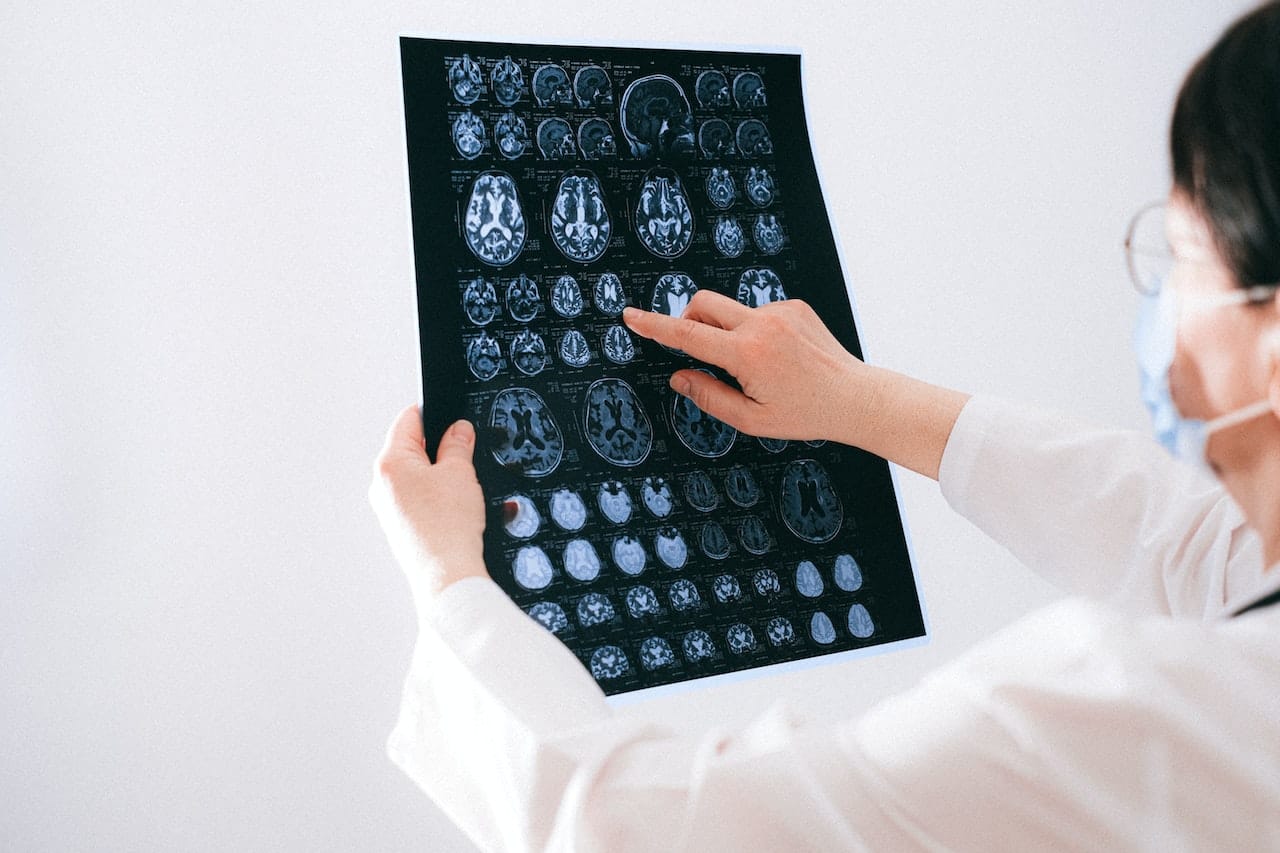In a world where technology is advancing at an unprecedented pace, the intersection of innovation and healthcare has given rise to a myriad of possibilities. Our journey through the digital era is transforming the landscape of medicine, promising improved patient care, streamlined processes, and enhanced diagnostic capabilities. However, as we embrace these technological marvels, it’s essential to address a crucial question: Can new technological advances help negate clinical negligence cases?
The Digital Revolution in Healthcare
The digital revolution has swept across the healthcare industry, ushering in an era of unprecedented connectivity and efficiency. Electronic Health Records (EHRs), telemedicine, artificial intelligence, and wearable devices have become integral components of modern healthcare. These innovations hold the promise of better patient outcomes and a more responsive and accessible healthcare system.
Transformative Power of Electronic Health Records
Electronic Health Records have emerged as a cornerstone of the digital transformation in healthcare. These digital repositories of patient information streamline communication among healthcare professionals, reduce errors, and provide quick access to critical data. In the context of clinical negligence, EHRs play a pivotal role in ensuring accurate and comprehensive documentation, thereby minimising the risk of oversight and errors.
The Role of Telemedicine in Reducing Negligence
Telemedicine, another breakthrough in healthcare technology, has redefined the doctor-patient relationship. The ability to consult with healthcare professionals remotely has not only improved accessibility but has also reduced the likelihood of misdiagnosis or delayed treatment. In instances where prompt medical intervention is crucial, telemedicine can be a game-changer, potentially mitigating the impact of clinical negligence.
Leveraging Artificial Intelligence for Enhanced Diagnosis
Artificial Intelligence (AI) is revolutionising medical diagnostics by analysing vast datasets to identify patterns and anomalies that may elude the human eye. AI-powered diagnostic tools hold immense potential in preventing clinical negligence related to misinterpretation of medical imaging or laboratory results. The ability of AI algorithms to learn and adapt could significantly enhance the accuracy and speed of diagnoses, ultimately reducing the occurrence of medical errors.
The Double-Edged Sword: Challenges of Healthcare Technology
While technological advances offer immense promise, they also pose unique challenges, especially concerning clinical negligence. The increasing reliance on digital systems and automation introduces new avenues for errors, data breaches, and system vulnerabilities. In our quest for efficiency, it is crucial to strike a balance between embracing innovation and safeguarding against potential pitfalls.
Balancing Efficiency and Security
As healthcare organisations transition to digital platforms, ensuring the security of patient data becomes paramount. Cybersecurity threats pose a significant risk, potentially compromising the integrity and confidentiality of medical records. Safeguarding against data breaches is essential not only for patient privacy but also to prevent clinical negligence resulting from unauthorised access or tampering with medical records.
Ethical Considerations in the Age of Healthcare Technology
The ethical implications of healthcare technology extend beyond cybersecurity concerns. The use of AI in clinical decision-making raises questions about accountability and transparency. In scenarios where an AI algorithm contributes to a diagnostic error, determining responsibility becomes a complex task. Navigating the ethical landscape of healthcare technology is essential to ensure that the benefits of innovation do not come at the cost of patient safety.
Striking a Balance: Human Oversight in Technology-Driven Healthcare
While technological advances can enhance the efficiency of healthcare delivery, human oversight remains indispensable. The role of healthcare professionals in interpreting, validating, and contextualising information provided by technology cannot be understated. The synergy between human expertise and technological capabilities is crucial to minimising the risk of clinical negligence and ensuring that patient well-being remains at the forefront of healthcare practices.
Regulatory Framework and Accountability
In the United Kingdom, as in many other countries, healthcare technology operates within a regulatory framework designed to ensure patient safety and quality of care. Regulatory bodies play a crucial role in evaluating and approving new technologies, setting standards, and holding healthcare providers accountable for the implementation and use of innovative solutions.
Legal Implications of Clinical Negligence in the Digital Era
In the context of clinical negligence, the legal landscape is evolving to address the challenges posed by healthcare technology. Establishing liability in cases involving AI or digital systems requires a nuanced understanding of the technology and its implications. Legal frameworks are adapting to accommodate the complexities of the digital era, emphasising the need for healthcare professionals and organisations to stay abreast of regulatory changes and compliance requirements.
Making a Clinical Negligence Claim with National Claims
From the perspective of National Claims, making a clinical negligence claim in the digital era requires a nuanced understanding of both healthcare practices and technological advancements. Our commitment to guiding individuals through the claims process involves leveraging our expertise in navigating the complexities of medical malpractice cases influenced by technological advances. Whether the negligence involves EHR discrepancies, telemedicine mismanagement, or AI-related errors, our team at National Claims is dedicated to providing comprehensive support and ensuring that justice is served.

Conclusion
As we navigate the digital era, the synergy between technological advances and clinical diligence holds the key to transforming healthcare for the better. While innovations such as EHRs, telemedicine, and AI have the potential to mitigate clinical negligence, they also bring forth challenges that demand careful consideration. Striking a balance between efficiency and security, integrating human oversight, and adhering to evolving regulatory standards will pave the way for a future where technology and patient safety coexist harmoniously in the realm of healthcare.
Start your claim today by getting in contact with us and speaking to one of our claims specialists.
Click below to see why we are one of the most trusted claims management companies in the UK.

We’re proud of our excellent customer reviews
We thrive on delivering exceptional service and ensuring our clients’ satisfaction. Don’t just take our word for it. Check out some of our independent reviews to see what our clients have to say.
Excellent

This firm is excellent, they sorted out my car pay out and injury claim very fast, they always communicate with you all the time.

My accident case was dealt with confidence and with great result of the outcome, especially James kept me informed all the time.

I was very impressed at the way my inquiry was treated. I was listened to attentively and everything I needed to know was explained to me.






